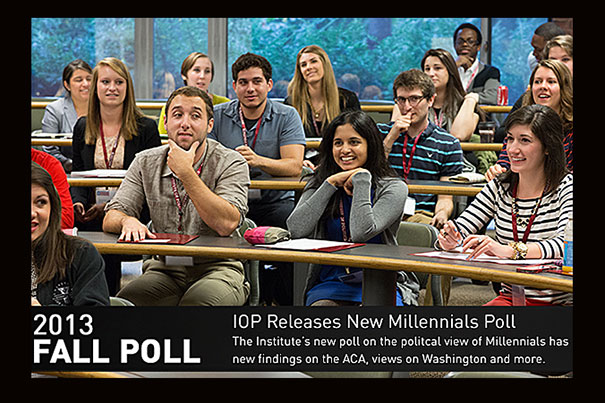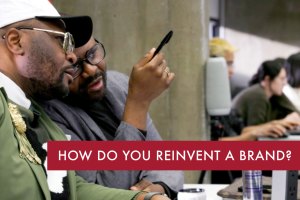Nation & World
-

Worried about how AI may affect foreign policy? You should be.
Experts discuss vulnerabilities, need for oversight of tech development, regulation
-
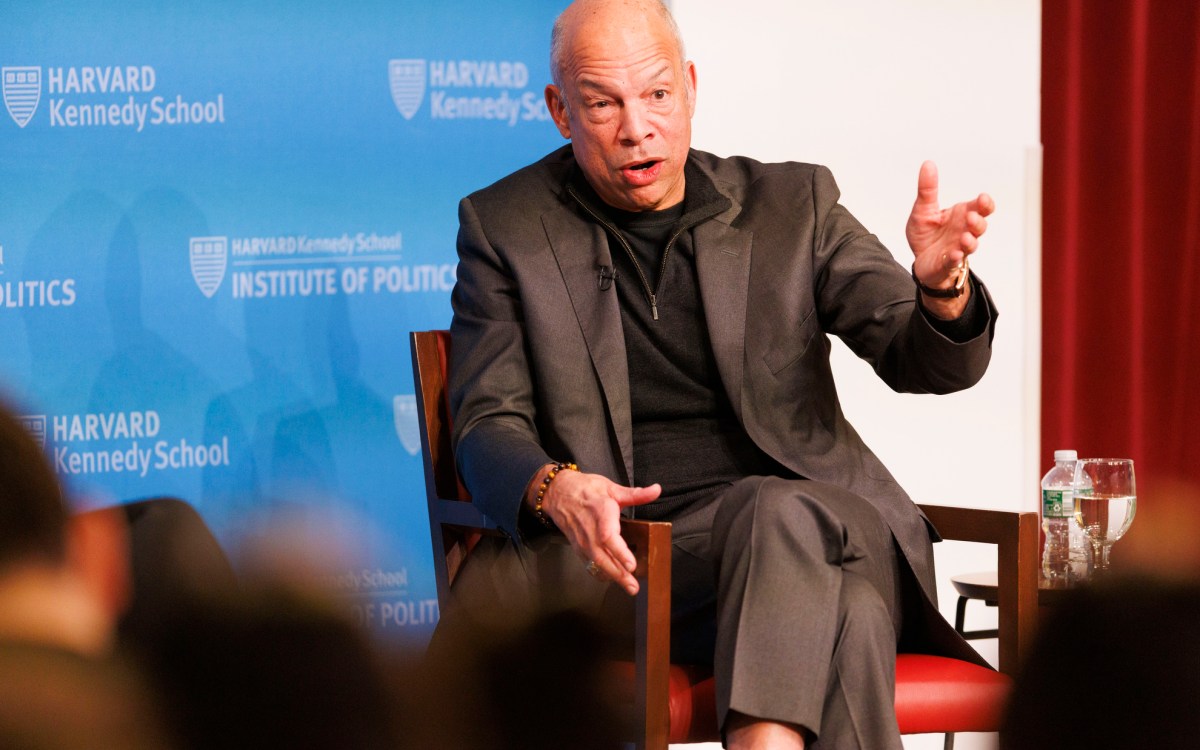
Border security isn’t really the problem
Former Homeland Security Secretary Jeh Johnson says current backlash is owing to cloudy mission, aggressive tactics
-
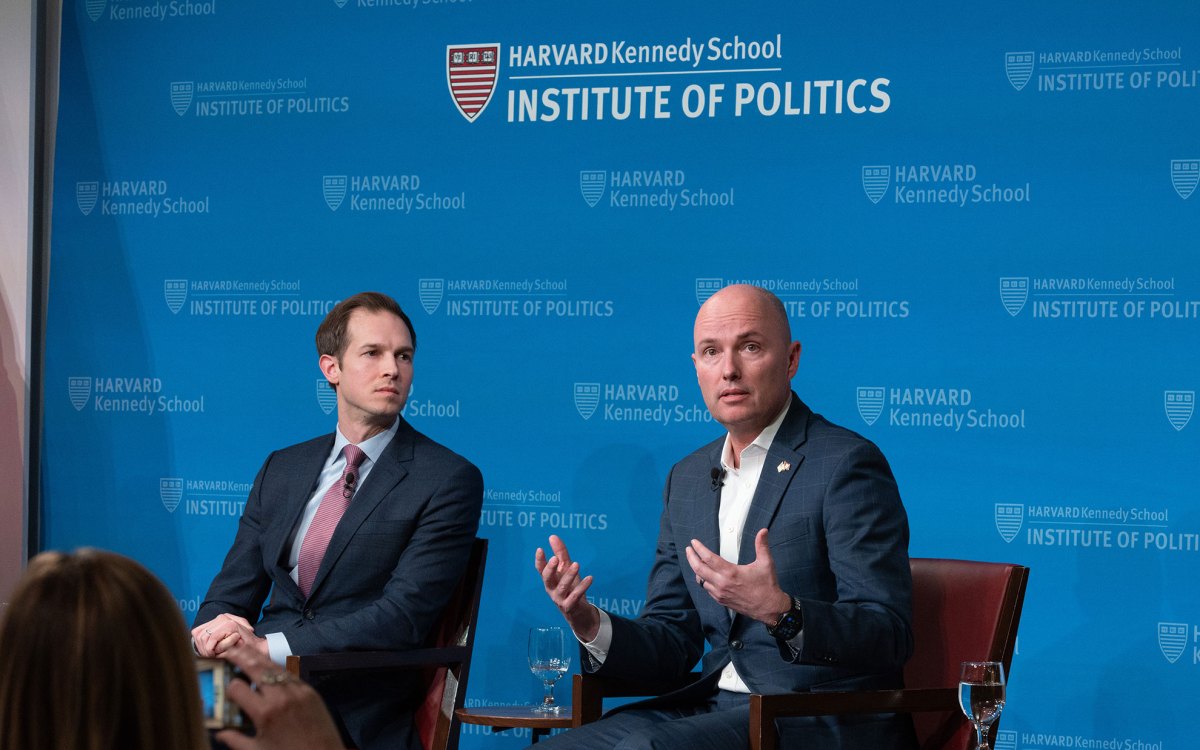
A start in bridging divisiveness: Rein in social media
Republican Utah governor, Democrat U.S. congressman find common cause
-
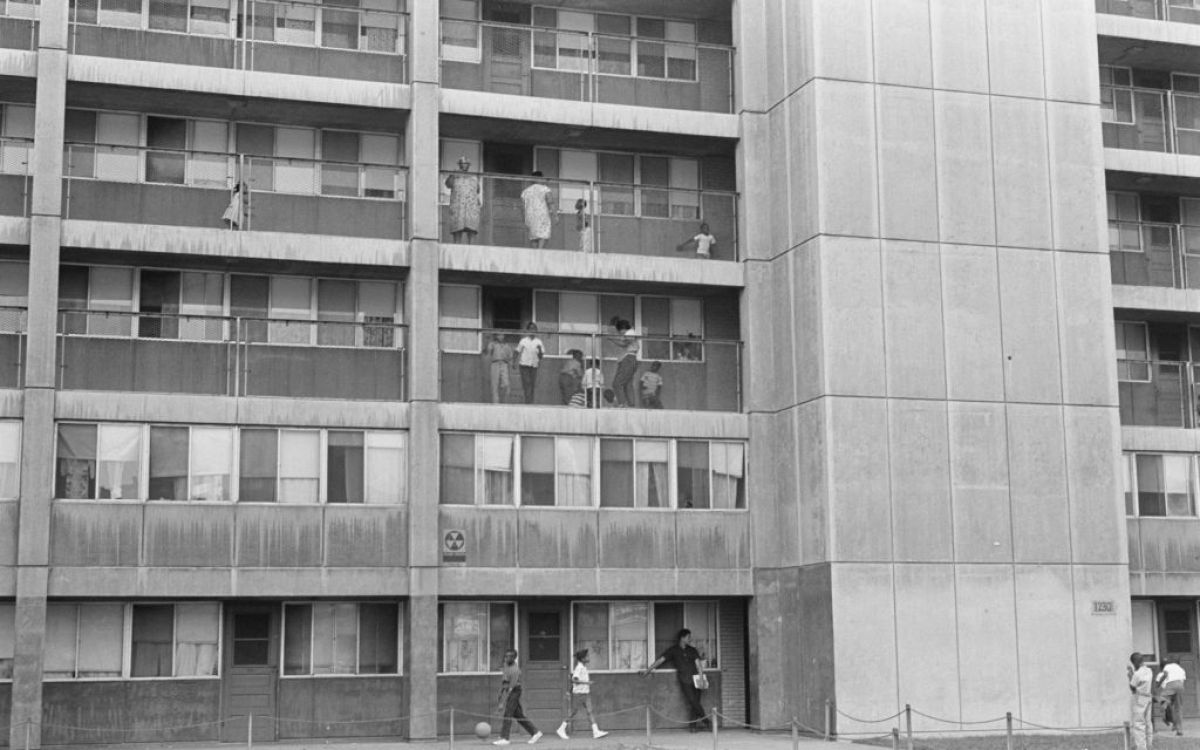
How design of public housing can lift future prospects of children
New research builds upon previous work that focused on moving families from high-poverty areas, broadening social milieu of young
-
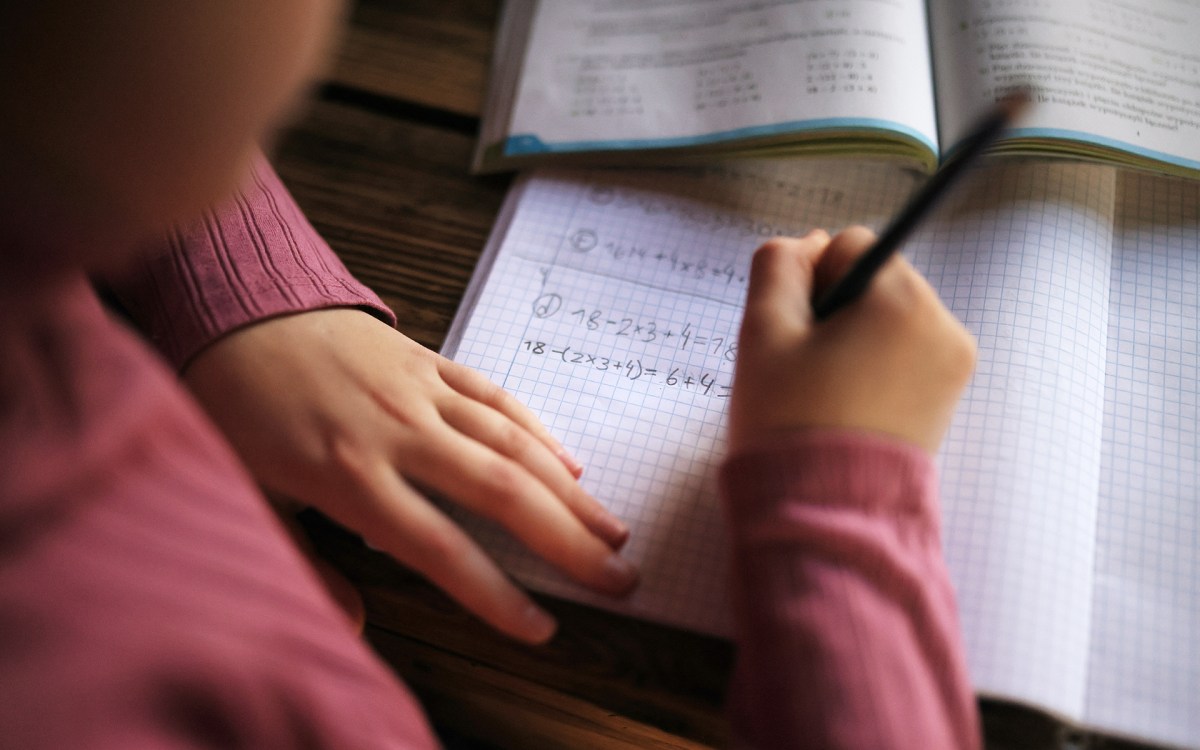
How to help lift slumping American math scores
Scholars see solutions in classroom creativity, higher teacher pay — and attendance
-
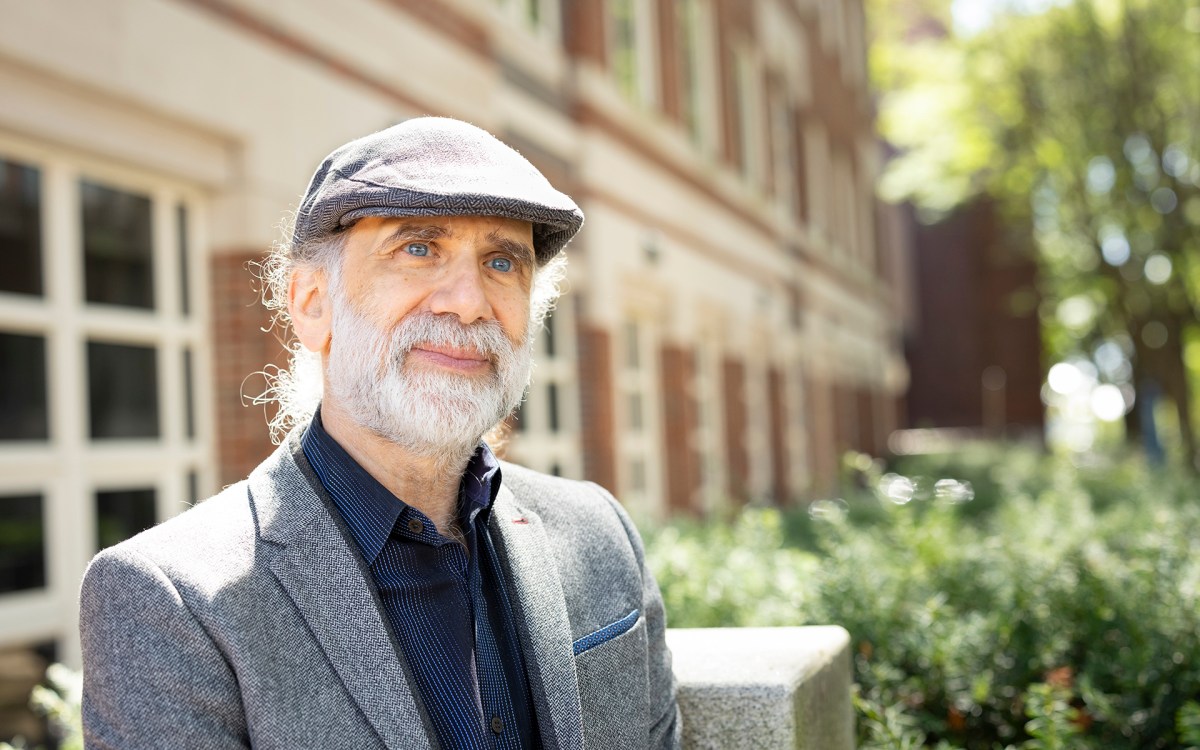
What if we used AI to strengthen democracy?
Surveillance, control, propaganda aren’t the only options, says security technologist
-
Gaming the political arena
Journalist Ken Shulman talks about the ways in which global sporting events are used to advance political agendas and how activists can leverage sports to draw attention and action to human-rights issues.
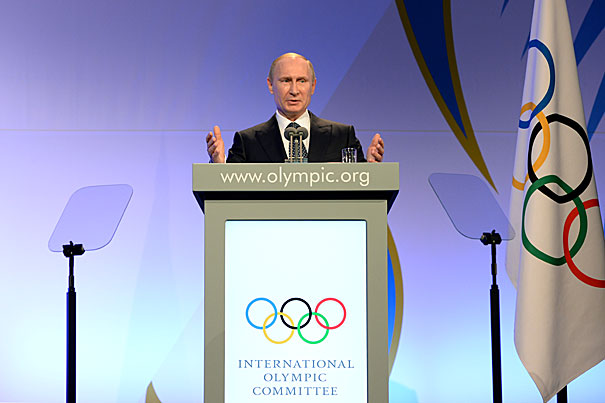
-
Faith as fountainhead
Marshall Ganz ’91, who is credited with devising a grassroots organizing model used by President Obama, says that religious faith can play a greater role in community organizing.
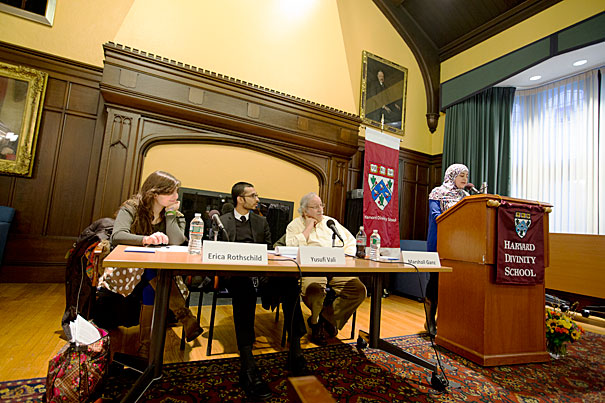
-
Confrontation in Ukraine
Serhii Plokhii, an authority on Ukrainian history and director of Harvard’s Ukrainian Research Institute, explains what’s behind the violence and what’s at stake for a country that’s caught in a tug-of-war between Europe and Russia.
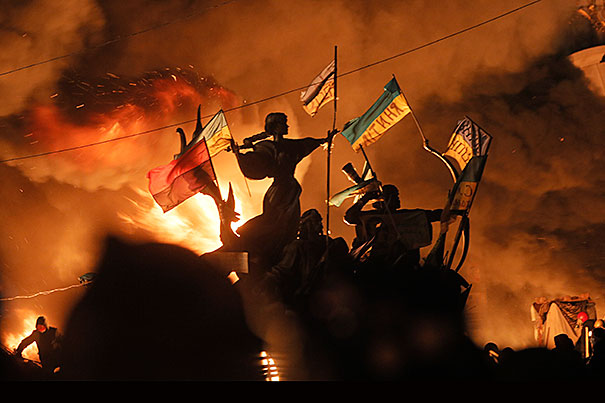
-
Kids, defined by income
Analysts discuss research and new strategies for overcoming the student achievement gap in schools with high poverty rates.
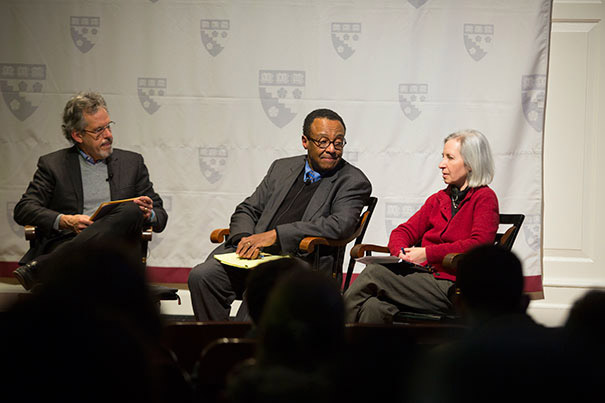
-
Shadowing the Supreme Court
Every January, a handful of Harvard Law School students head to Washington, D.C., to work on cases bound for the U.S. Supreme Court.

-
Can love be taught?
Richard Weissbourd discusses whether love can be effectively taught in schools, reflects on the state of sex-ed, and examines where love is best modeled in the media.
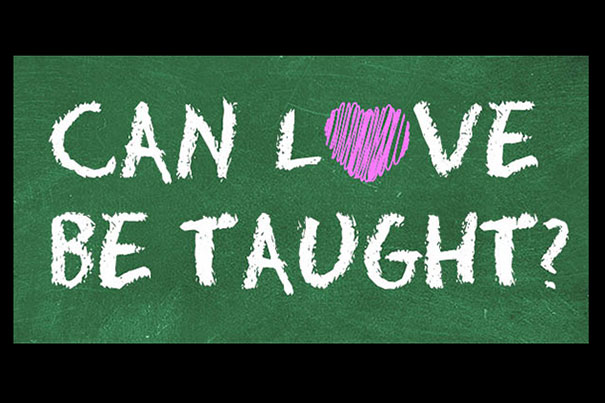
-
A faith in global care
Harvard University Professor Paul Farmer, whose nonprofit Partners In Health has improved lives in some of the world’s poorest places, said he was inspired early by the liberation theology movement.
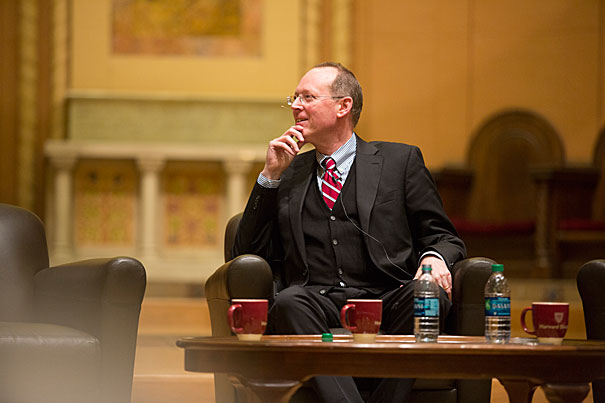
-
When talking with God
Social anthropologist T.M. Luhrmann’s most recent book, “When God Talks Back,” examines the evangelical experience through an anthropological and psychological lens.
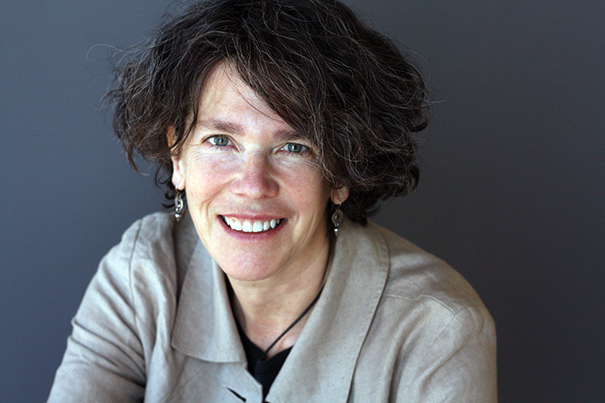
-
GSE dean debates online speech
In a January course, Graduate School of Education Dean James Ryan asked whether schools should punish students for online speech.
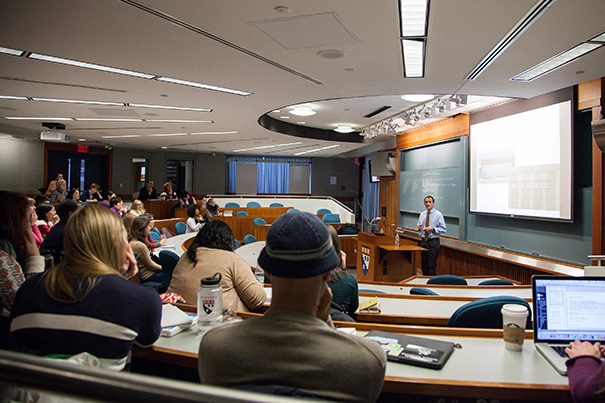
-
Layers of choice
Nobel laureate, psychologist, and best-selling author Daniel Kahneman joined Harvard University Professor Cass Sunstein at Harvard Business School for a wide-ranging discussion on behavioral science.

-
Shadowing the work of nations
More than 3,000 high school students came to Boston last week for the 61st Harvard Model United Nations, an annual conference and the oldest such gathering in the world.

-
Perilous plight for Syrian refugees in Lebanon
Syrian refugees struggling in Lebanon are on the edge of catastrophe, according to a new report from the FXB Center for Health and Human Rights.
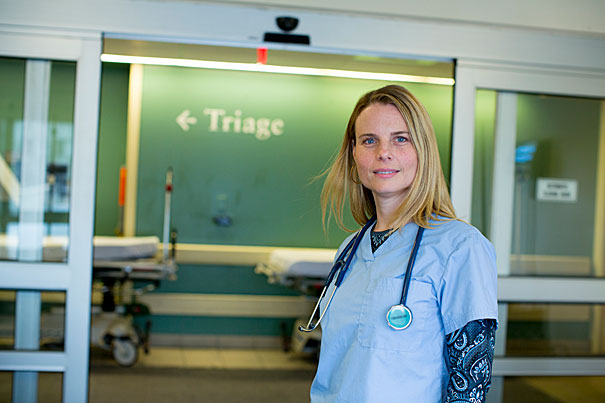
-
Security in Sochi
With public attention focused on the potential for unrest around Sochi to disrupt the 2014 Winter Olympics in Russia, the Gazette spoke with Timothy Colton, Feldberg Professor of Government and Russian Studies, about the region, security preparations, and the roots of unrest.
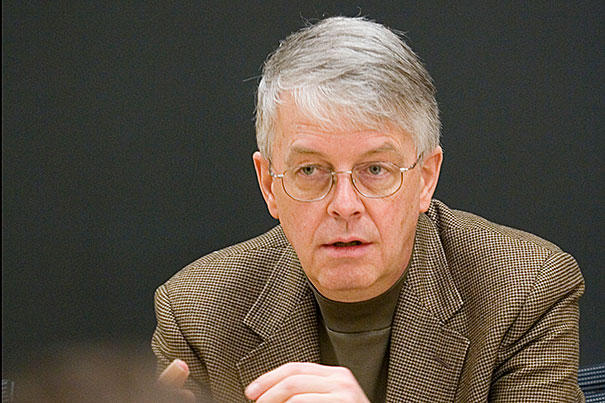
-
Facebook, 10 years after
Professor Jonathan Zittrain, founder and director of the Berkman Center for Internet & Society, talks about Facebook’s past, present, and future as it turns 10 years old.
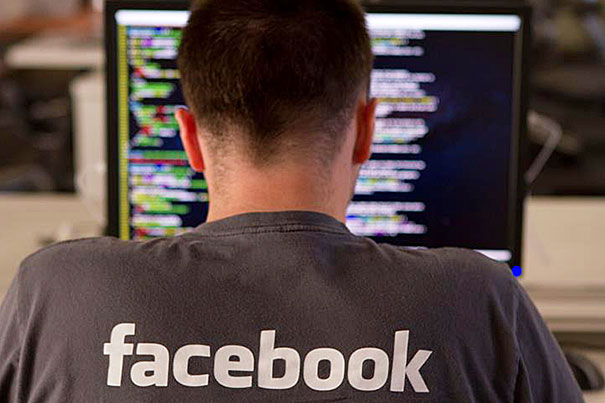
-
The doings at Davos
Harvard experts convened to discuss the big issues and parties at the World Economic Forum’s annual meeting in Davos, Switzerland.
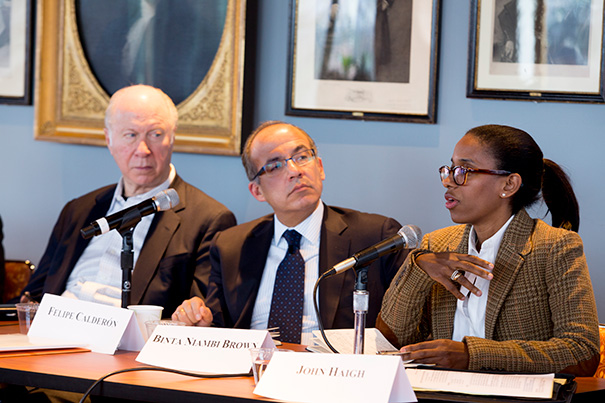
-
Protectors of the Maya
Harvard’s Bill and Barbara Fash have developed a program that trains local people in Copán, Honduras, to preserve and protect the area’s ancient Maya heritage.
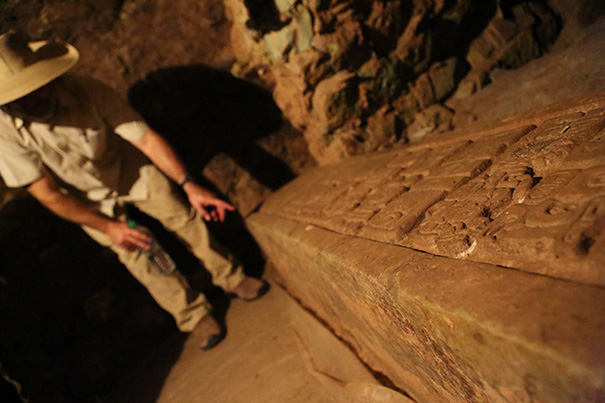
-
Lessons on studying security
Cass Sunstein, the Robert Walmsley University Professor and a member of an advisory panel created by President Obama to examine national security issues, discussed the group’s recommendations, which included proposed reforms to the way the intelligence community does business.
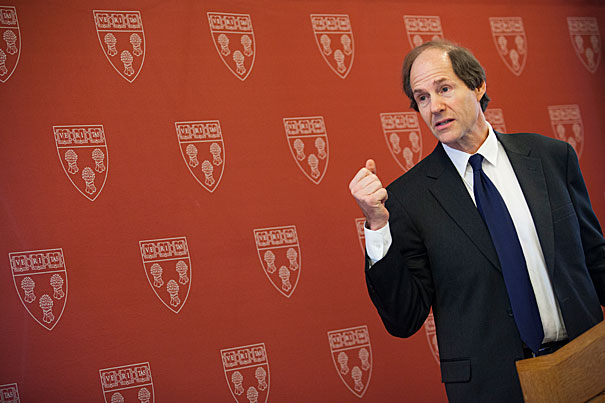
-
Market reaction
Once a risky and bold idea, Harvard Business School’s overseas FIELD program now is a foundational and transformative piece of the M.B.A. curriculum for students and faculty.

-
Snow days don’t subtract from learning
School administrators may want to be even more aggressive in calling for weather-related closures. A new study conducted by Harvard Kennedy School Assistant Professor Joshua Goodman finds that snow days do not impact student learning.
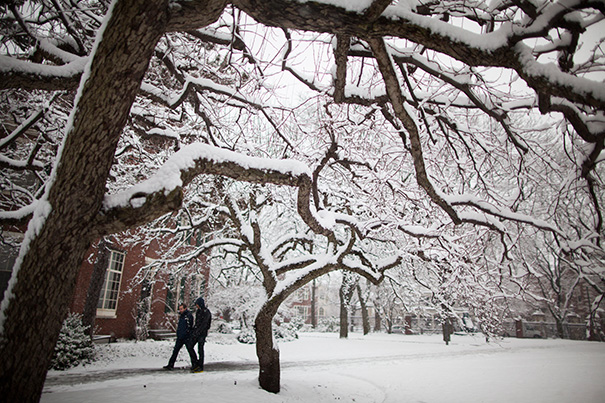
-
Harvard and MIT release working papers on open online learning
Harvard University and the Massachusetts Institute of Technology today released a series of working papers based on 17 online courses offered on the edX platform. Run in 2012 and 2013, the courses drew upon diverse topics — from ancient Greek poetry to electromagnetism — and an array of disciplines, including public health, engineering, and law.
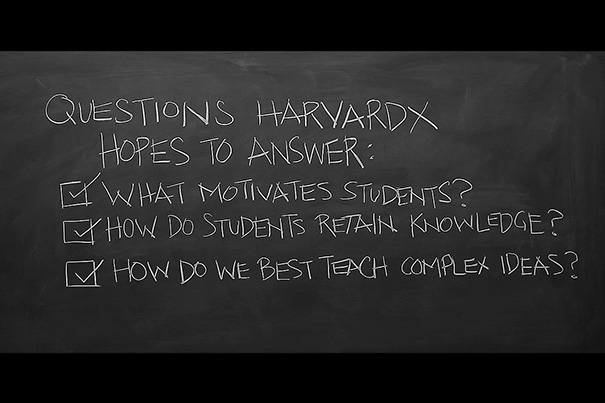
-
Bridging troubled waters
Harvard crisis-management expert Herman “Dutch” Leonard talks about the challenges facing N.J. Gov. Chris Christie and retailer Target after recent damaging news revelations.
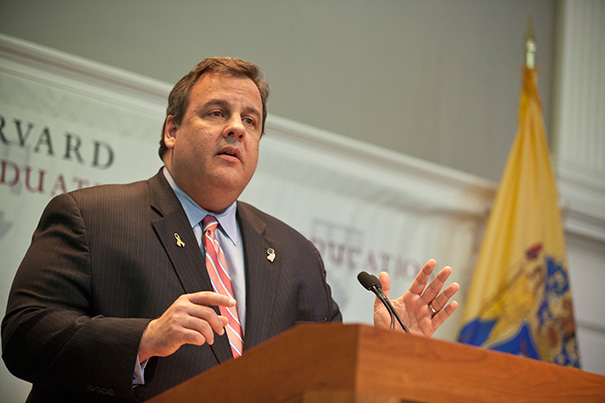
-
‘Hot Stove’ simmering
A Harvard Business School working paper analysis looks at what matters for Major League Baseball teams trying to cash in on their Japanese star players.

-
So, who owns the Internet?
Harvard experts say a closely watched case now before the Circuit Court of Appeals in Washington, D.C., over the Federal Communications Commission’s authority to regulate online access could have game-changing implications for how consumers and businesses experience the Internet.

-
We can work it out
A new task force report by the American Political Science Association takes a close look at the causes of and cures for political stalemates in Congress.
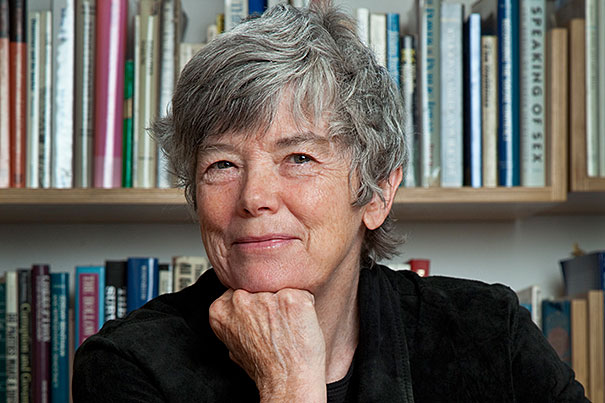
-
‘Our spirit is waterproof’
News of recovery efforts left the headlines in the month after Typhoon Haiyan devastated parts of the Philippines. But Harvard College students continue to raise awareness and funds for relief. So far, they have raised $12,000 and hope to continue as the most devastated parts of the Philippines begin the slow, long process of rebuilding.
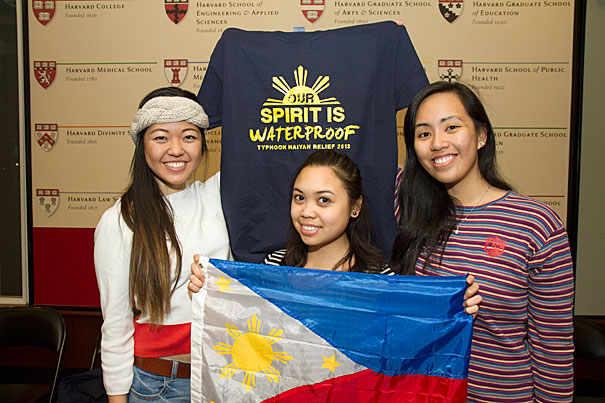
-
Hard-pressed
In a new polemic, Harvard Kennedy School Professor Thomas Patterson calls for sweeping changes to the education of journalists and the practice of journalism.
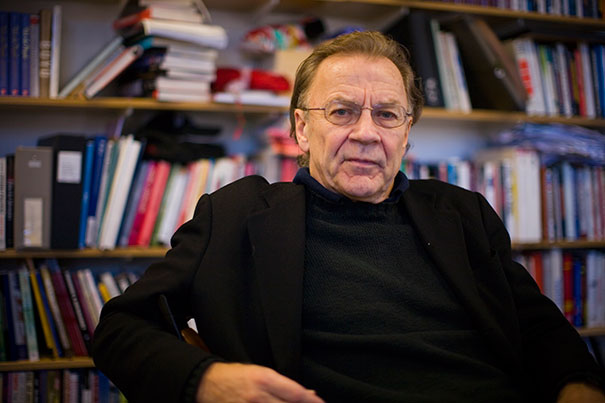
-
World Cup wisdom
Urban planning scholar Judith Grant Long spoke with the Gazette about the impact of hosting a mega-event like the World Cup.
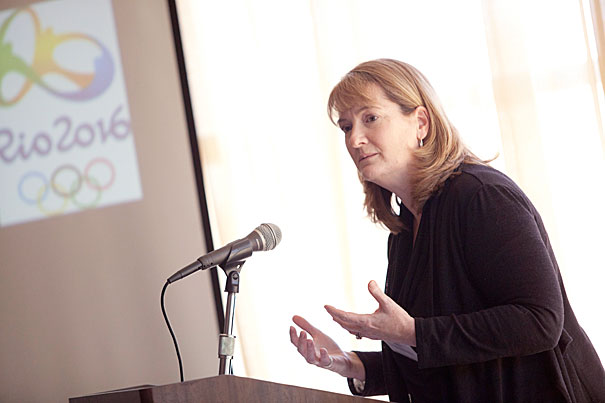
-
Mandela’s legacy
Harvard South Africa specialists discuss the legacy of Nelson Mandela and the future of the country he changed.
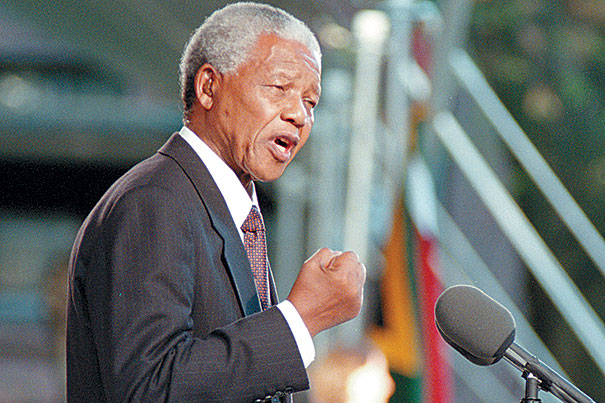
-
Universities as peacemakers
A panel of experts and scholars from a range of fields convened at Harvard Divinity School to explore the role that universities can play in forging interreligious dialogue and peacemaking.
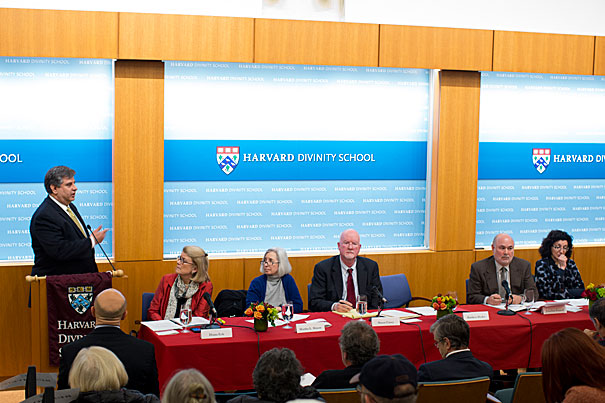
-
Majority of millennials don’t support health care reform
A new national poll of America’s 18- to 29-year-olds by the Institute of Politics finds a solid majority of millennials disapprove of the comprehensive health reform package that the president signed into law in 2010, regardless of whether the law is referred to as the Affordable Care Act (56 percent disapprove) or “Obamacare” (57 percent disapprove).
